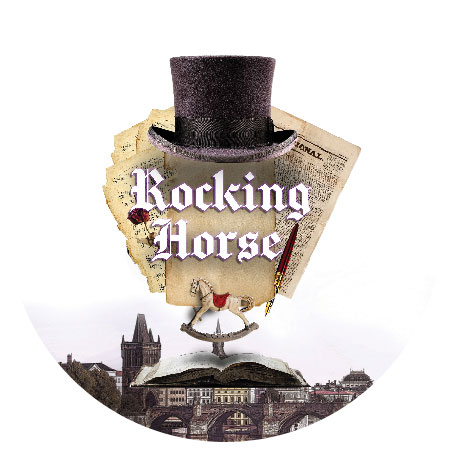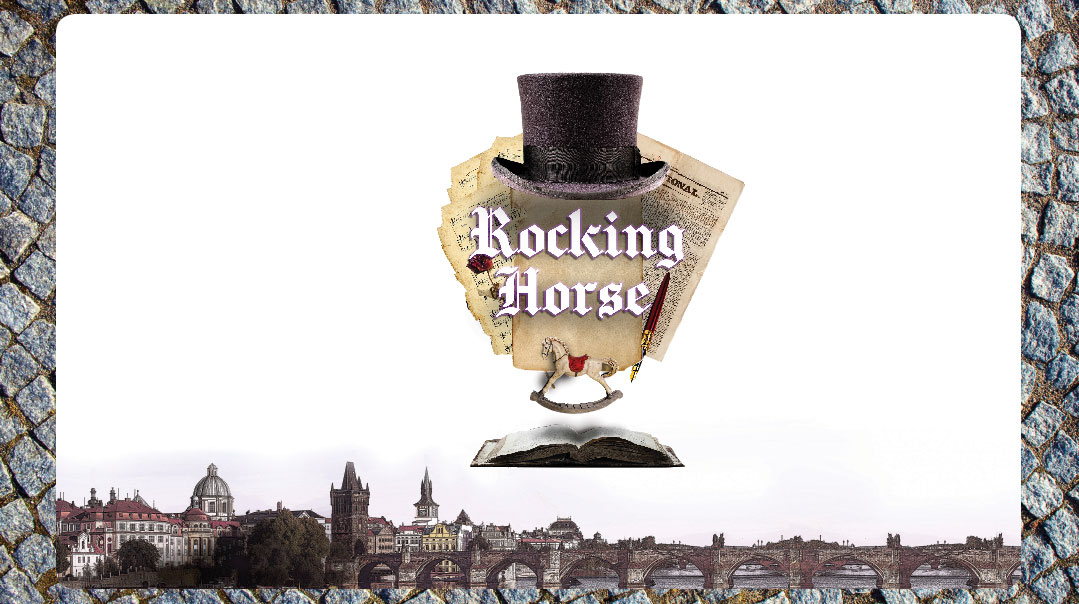Rocking Horse: Chapter 34

Would she understand? He doesn’t want to tell her if she will not understand

The woman, though, looks thin and exhausted.
“What is your mother-in-law’s name?” Becca asks.
“Just call her Nona.”
Nona. Grandmother.
The woman leads her through the house to a bedroom. The old woman who sits in front of her is so wrinkled that it’s hard to make out what she might have looked like.
Becca kneels in front of the old woman. The woman does not seem to register that she’s there. Is she blind? “Nona?”
There’s a smell about her.
“Nona, I will touch your hands.” Becca reaches over and puts her own hands on those of the old woman. The woman’s hands are sticky with sweat. Becca finds a clean rag in the kitchen and dampens it. She returns to Nona and presses it against her palms, gently rubbing the rag down each finger.
“Does that feel better now?”
She is tired from a long day spent with Rahel and Diamenta, as well as a hasty meeting with the director of the boys’ school. As she kneels, a cramp spreads across the back of her legs. When she is finished sponging Nona’s hands, she gently wipes the old lady’s face and neck. Her eyes are milky white — cataracts.
Surprisingly, the work does not bother her. When she’s finished, she sits beside Nona and gently begins to hum. It’s a tune that Fortuna sings as she goes about her daily business. She has no idea of the words, but the tune, which twists and turns like the alleyways of Izmir, feels right. The woman opens her mouth and a bleat emerges. She licks her lips and Becca holds a cup to her lips. The woman drinks thirstily. How long has her mouth been parched?
Becca continues the song and now the woman opens her lips slightly and joins in. She does not carry a tune, but it’s a sound, and it’s a sound made with pleasure. When she finishes, she notices Nona’s daughter-in-law, the lady of the house, standing, watching.
“I thank you,” she says, her eyes bright with tears. “I thank you.”
Oops! We could not locate your form.


